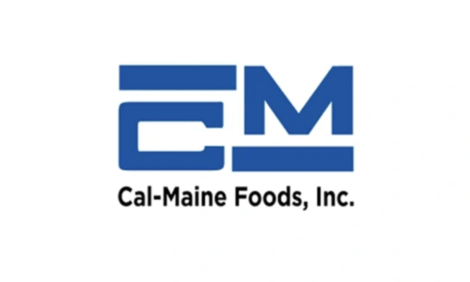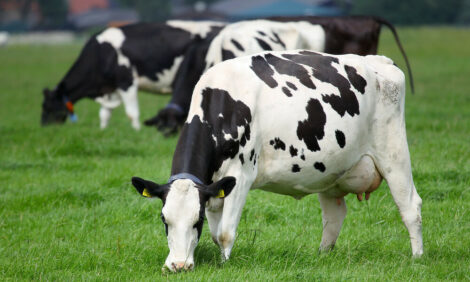



Farm Incomes to be 'Slashed' in Downturn
UK - Huge hikes in animal feed bills are driving the dramatic downturn in the incomes being forecast for England’s farmers according to the NFU, as Defra’s Farm Business Income Forecasts for 2010/11 were published.According to the figures:
- Dairy farmers are expected to see a 24 per cent fall in incomes
- Grazing livestock farms look set to see farm incomes decrease, compared to the previous two years, with a massive 48 per cent drop predicted for lowland grazing units
- Although sustained sheep prices are currently cushioning the drop for livestock producers in less favoured areas, farm incomes are still forecast to fall by a third
- Poultry farmers’ incomes could see a fall of six per cent with the average poultry farm seeing less than half the level of income recorded in 2007/08
- Pig farmers could also face a huge drop in income. A combination of higher feed costs and lower prices could see incomes for pig farmers fall by two thirds.
However, figures do show a 73 per cent increase in farm incomes in the cereal sector. This year’s positive forecast follows a fall in cereal sector incomes of 34 per cent in 2009/10 when, without Single Farm Payments from the CAP, many arable farmers would have faced losses.
NFU President Peter Kendall said: “In a week where Government was urged to increase food production by its chief scientific adviser Professor John Beddington, to feed a growing world population estimated to reach nine billion by 2050, today’s farm income figures are bitterly disappointing.
“For England’s farmers to play their part in meeting our future food production challenges, they require sustained investment in productive capacity. For many sectors, the indications are that the current returns from farming barely cover the costs of production, let alone provide the cash for re-investing in farming businesses. This is economically unsustainable.
“Farmers cannot carry on producing at little or no profit indefinitely. Like any business they need to turn a profit – and soon.”
NFU senior economic adviser Phil Bicknell said: “Arable incomes are the obvious bright spot yet even these need to be considered in context. The global supply situation has led to stronger grain prices, boosting England’s arable incomes while the headlines focus on the current high prices of commodities. However, it is important to remember that a significant amount of grain will have been sold forward or under contract at prices nearer to last year’s lows in March of £92.50/t rather than the highs of £201/t in January 2011.
“A major consequence of higher cereal prices for agriculture is higher livestock feed costs. While Defra’s forecasts don’t provide a breakdown of input costs, buying feed typically represents the primary cost for livestock farmers and higher grain prices will have exaggerated feed bills still further.
“This situation has been further compounded by a severe lack of fodder crops from last summer and the extended winter feeding needed in 2010 due to bad weather and prolonged winter. Farmers already predicted this increased need for purchased feed and for many these forecasts won’t come as too much of a surprise.
“However rising costs for farming don’t stop at animal feed. NFU members have seen rocketing input costs over the past twelve months across the board from increases to bank charges through to other major inputs costs such as fertiliser.
“Farm gate prices are the other obvious factor impacting on farm incomes and many farmers have seen revenues weaken. Beef prices for much of 2010 were down on 2009 levels, and pig prices spent much of the year under pressure. The NFU has well-documented the situation in dairy where, despite rising global commodity prices, the price paid to farmers for their milk remains painfully slow to increase.”











